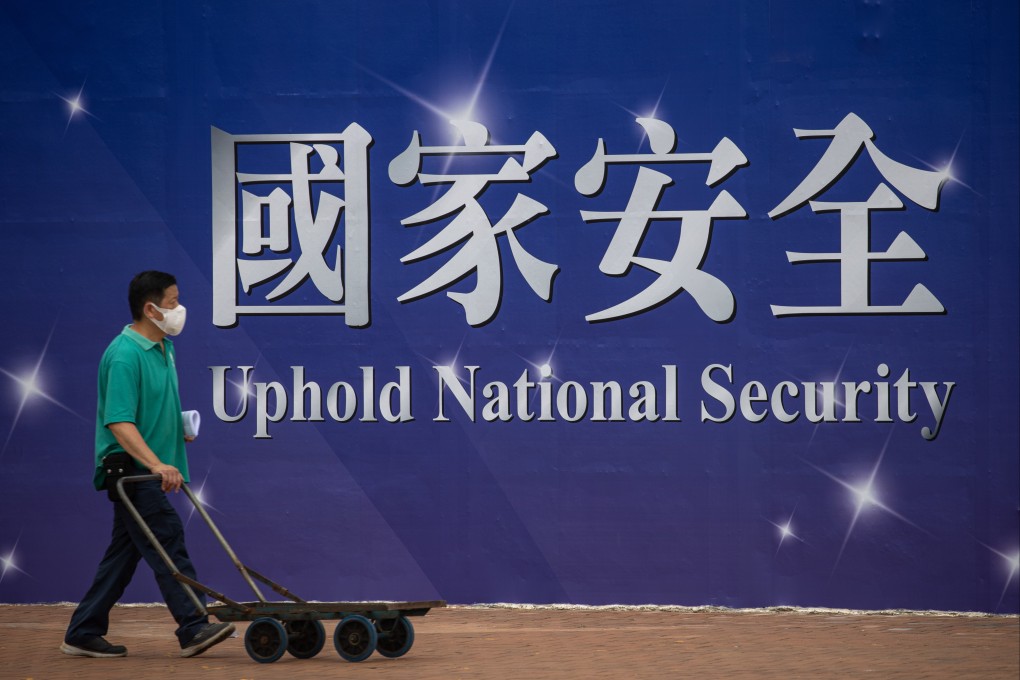Advertisement
Opinion | Why Hong Kong should heed UN condemnation of its failure to protect basic rights
- The UN’s top human rights body has sharply criticised Hong Kong’s application of the national security law, making it clear basic freedoms and the rule of law are in jeopardy
- Rather than trotting out the same tired responses, the government should take steps to repair Hong Kong’s reputation before it is too late
Reading Time:4 minutes
Why you can trust SCMP
27

There is no way to sugarcoat it. Hong Kong’s obligations under the International Covenant on Civil and Political Rights to protect basic rights and maintain the rule of law have been sharply condemned by the United Nations’ leading expert body on human rights.
The national security law and so-called electoral reforms fail to comply with multiple requirements of this covenant. As a human rights professor who has taught the subject in Hong Kong for over 30 years, I have never seen such a comprehensive condemnation from the UN Human Rights Committee.
Both the Sino-British Joint Declaration and Basic Law place the obligations to protect basic freedoms and the rule of law at the heart of Beijing’s commitments to Hong Kong. These commitments were judged to be essential to maintaining Hong Kong as an open, rule-of-law-based society. Failure means Hong Kong’s basic freedoms and the rule of law are in jeopardy.
Advertisement
In response to the UN committee’s report, the Hong Kong government offered the same tired arguments it gave in the hearings, noting the need to end chaotic protests and that governments everywhere have national security laws.
As a matter of common sense, the expert committee probably recognised that Hong Kong’s protesters did not take to the streets without cause, and that they, as committed citizens, may have been reacting to government failures and to excessive police behaviour, which the committee also condemned.
It also makes clear that it is not the enactment of the national security law but Hong Kong’s version and application that is the problem. I address here only a few of the committee’s concerns.
Advertisement
Select Voice
Select Speed
1.00x

